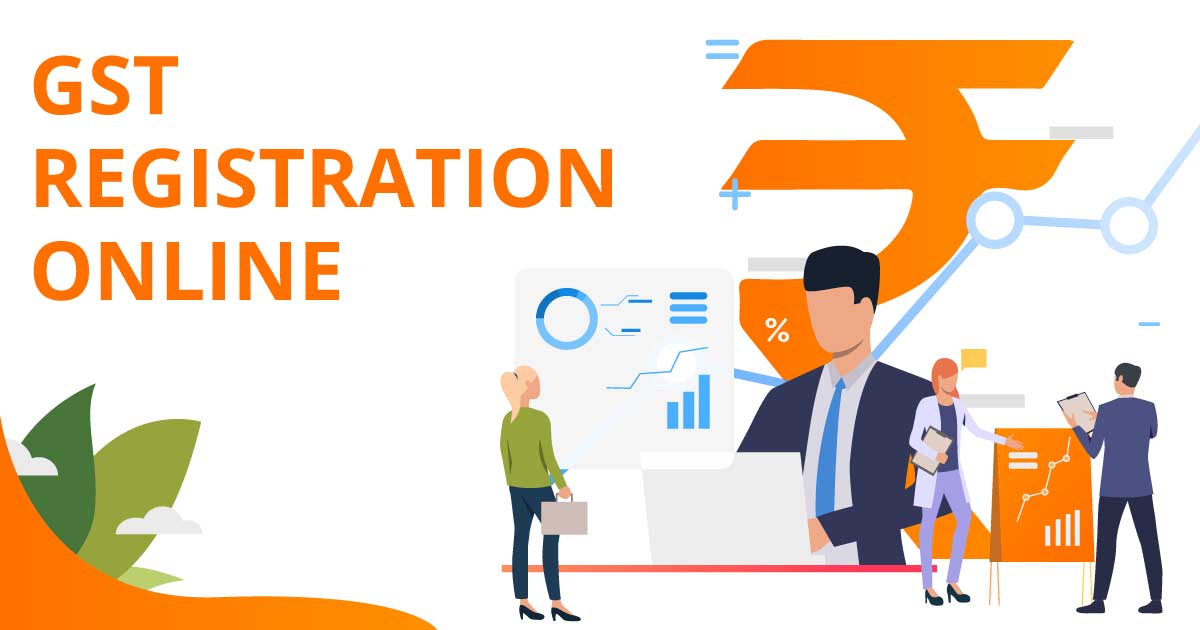Why Organizations Favor the very best GST Registration Services in Singapore
Why Organizations Favor the very best GST Registration Services in Singapore
Blog Article
Throughout: The Ultimate Roadmap to GST Registration for Companies Looking For Financial Security
Browsing the intricacies of Item and Provider Tax Obligation (GST) enrollment is a vital action for services making every effort for economic stability. Breaking down the roadmap into manageable actions can improve the registration journey for businesses looking to improve their economic standing.
Recognizing GST Essentials
Looking into the essential principles of Item and Provider Tax (GST) is necessary for obtaining a comprehensive understanding of its implications on services and the economy. GST is a value-added tax imposed on the majority of products and services for residential intake. It has actually changed several indirect taxes that existed in the pre-GST period, enhancing the tax structure and boosting simplicity of doing organization in India. Under the GST system, both solutions and products are tired at a certain rate, which is figured out based on their category. If their yearly turn over surpasses the threshold limit established by the government, companies are required to sign up for GST. Input Tax Credit History (ITC) is a considerable function of GST, permitting services to claim credit for tax obligations paid on inputs, decreasing the total tax worry. Comprehending the fundamentals of GST is essential for companies to follow tax laws, manage their funds efficiently, and add to the nation's financial development by getting involved in a clear tax system.
Eligibility Criteria for Registration
To register for GST, services have to fulfill specific eligibility requirements developed by the government. The main eligibility demand is that any type of service associated with the supply of products or solutions with a yearly accumulation turnover over the threshold restriction set by the authorities should register for GST. Since the present laws, the threshold limitation for GST registration is an annual accumulation turnover of 40 lakhs for companies operating within a state, with the exception of unique group states where the limitation is 20 lakhs. Additionally, particular companies are required to sign up for GST regardless of their turnover, such as interstate providers, laid-back taxed individuals, and businesses reliant pay tax obligation under the reverse fee mechanism. It is essential for businesses to thoroughly evaluate their turn over and deal kinds to identify their GST registration obligations properly. Failing to sign up for GST when eligible can result in charges and lawful effects, making it essential for businesses to stick to the specified eligibility standards.
Files Needed for Enrollment
Having satisfied the eligibility standards for GST enrollment, companies need to now ensure they have the requisite records in place to continue with the registration process successfully. The records required for GST enrollment generally include evidence of business constitution, such as collaboration deed, enrollment certificate, or incorporation certification for various types of businesses. In addition, businesses require to give records establishing the Read More Here major place of service, such as a rental agreement or electricity expense.
Step-by-Step Enrollment Process
Starting the GST registration procedure involves a series of organized steps to ensure a smooth and certified enrollment for services. The very first step is to check out the GST site and complete the enrollment type with precise information click to read of business entity. Following this, the candidate obtains a Short-lived Recommendation Number (TRN) which is made use of to return to the application procedure if it's not completed in one go.
Next, all called for documents as per the checklist offered by the GST portal requirement to be uploaded. These records typically include proof of organization identity, address and registration evidence of marketers, economic declarations, and company entity's PAN card.

Post-Registration Compliance Standards

Verdict
To conclude, businesses looking for economic stability should understand the basics of GST, fulfill qualification criteria, collect needed files, follow the step-by-step enrollment process, and comply with post-registration standards - Best GST registration services in Singapore. By sticking to these steps, companies can guarantee conformity with tax obligation policies and maintain economic stability in the long run
In addition, particular services are called for to sign up for GST irrespective of their turnover, such as interstate distributors, laid-back taxed individuals, and companies liable to pay tax obligation under the reverse charge device.Having actually satisfied the qualification requirements for GST registration, services have to now ensure they have the requisite documents in location to proceed with the registration procedure successfully. The papers needed for GST registration generally consist of proof of organization constitution, such as partnership action, registration certification, or consolidation certification for different kinds of services. Additionally, organizations need to give papers establishing the major place of organization, such as a rental agreement or electricity costs.Commencing the GST registration procedure involves a series of organized steps to guarantee a smooth and compliant registration for services.
Report this page